Students at State High had a wonderful opportunity to meet Dr. Amsler, one of the scientists I will be working with in Antarctica, on January 12th and 13th. Dr. Amsler, a Professor of Biology at the University of Alabama at Birmingham, made the trip to central Pennsylvania to talk with students in small and large groups. Dr. Amsler talked with the Polar Ambassadors about his research in the fields of marine biology and phycology and also gave a more general lecture in the auditorium to about 500 students in grades 9-12.
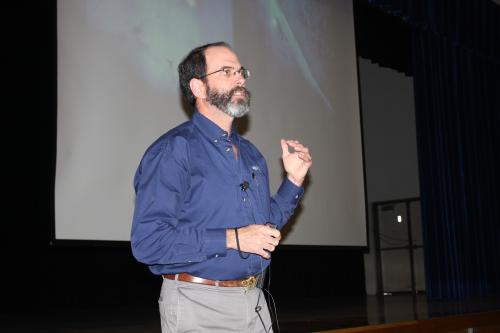
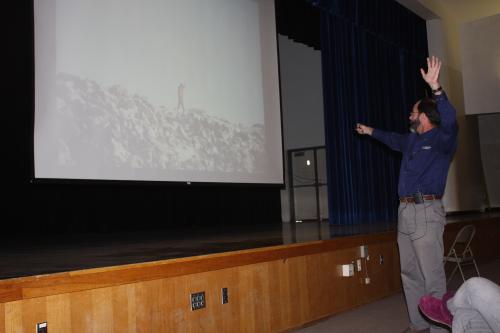
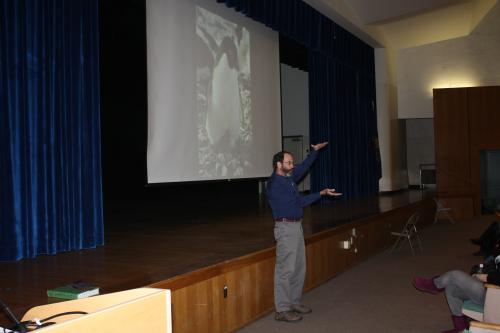
During his talks, Dr. Amsler made some important points:
There is more biodiversity in the Southern Ocean than the Arctic Ocean
The Southern Ocean is older than the Arctic Ocean so organisms have had more time for adaptive radiation
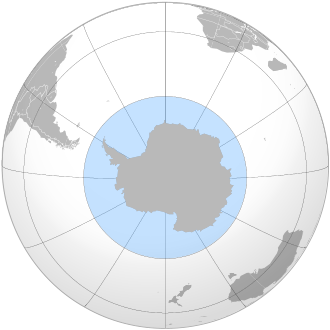
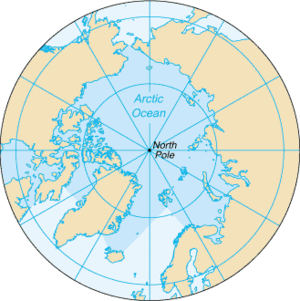
Chemical ecology involves the study of the chemicals involved in the interactions of living organisms
Many marine organisms in the Southern Ocean, which surrounds Antarctica, have special chemicals in them to help them avoid being eaten by other organisms
Some of the chemicals found in marine organisms in Antarctica are being studied as potential cures for disease in humans
Palmerolide A, a chemical compound found in an animal called a tunicate or “sea squirt,” is named for Palmer Station and is being studied as a potential cure for skin cancer
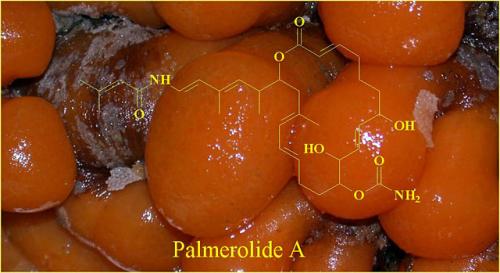
Words to know:
Phycology: the branch of botany that deals with algae (including seaweed)
Biodiversity: the variety of living things in a particular habitat or ecosystem
Adaptive Radiation: the diversification of a group of organisms into forms filling different ecological niches


Comments